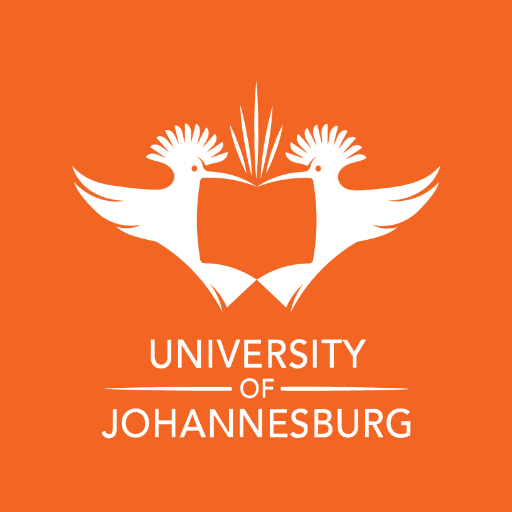Decarbonization of Process Industry Development
The Department of Chemical Engineering, Faculty of Engineering and the Built Environment invite you to a webinar with Prof Cornelius Mduduzi Masuku entitled: Decarbonization of Process
Industry Development
DATE: 3 March 2023
TIME: 15:00 – 16:30 (SAST)
SPEAKER: Prof Cornelius Mduduzi Masuku
MS TEAMS LINK: https://tinyurl.com/2pwc762x
READ MORE ABOUT THE SPEAKER HERE: https://engineering.purdue.edu/ChE/people/ptProfile?resource_id=243240
FOR ANY QUESTIONS CONTACT: Dr Naadhira Seedat
Email: naadhiras@uj.ac.za
Cornelius Mduduzi Masuku is an Associate Professor of Engineering Practice in the Davidson School of Chemical Engineering at Purdue University. Prof. Masuku holds undergraduate degrees in Chemical Engineering and Computer Science and a PhD in Chemical Engineering from the University of the Witwatersrand. His PhD Thesis was on the ‘Interaction between Reaction and Phase Equilibria in the Fischer–Tropsch Reaction’ and was supervised by Prof. Diane Hildebrandt and Prof. David Glasser. During his PhD he tested catalysts and developed reactor models that formed part of a design, commissioning and
start-up of a coal-to-liquids Pilot Plant in Baoji, China. He also spent a year at the University of Kentucky working on catalyst development, characterization, and on slurry-phase reactors with Prof. Burtron H. Davis. Cornelius Masuku received a faculty position in 2012 at the University of South Africa where he taught Process Control and Reactor Technology to 4th Years, and supervised one PhD and six Masters students to completion. He was promoted to Associated Professor at the end of 2015.
He thereafter spent a year at Texas A&M Energy Institute under the mentorship of Prof. Christodoulos A. Floudas working on hybrid energy systems. Prof. Masuku transferred to Carnegie Mellon University, where he co-supervised seven Masters students to completion with Prof. Biegler. Cornelius subsequently received his current faculty position at Purdue University. His current research focuses on Algorithmic developments, Conceptual Designs, and Optimization of Biomass, Coal, and Natural Gas conversions to Fuels, Chemicals, and
Electricity mainly through the Fischer– Tropsch synthesis
Disclaimer: The University of Johannesburg encourages academic debate and discussion that are conducted in a manner that upholds respectful interaction, safety of all involved, and freedom of association as enshrined in the law, the Constitution, and within the boundaries of the University policies. The views expressed during events are expressed in a personal capacity and do not necessarily reflect the views of the University of Johannesburg.

